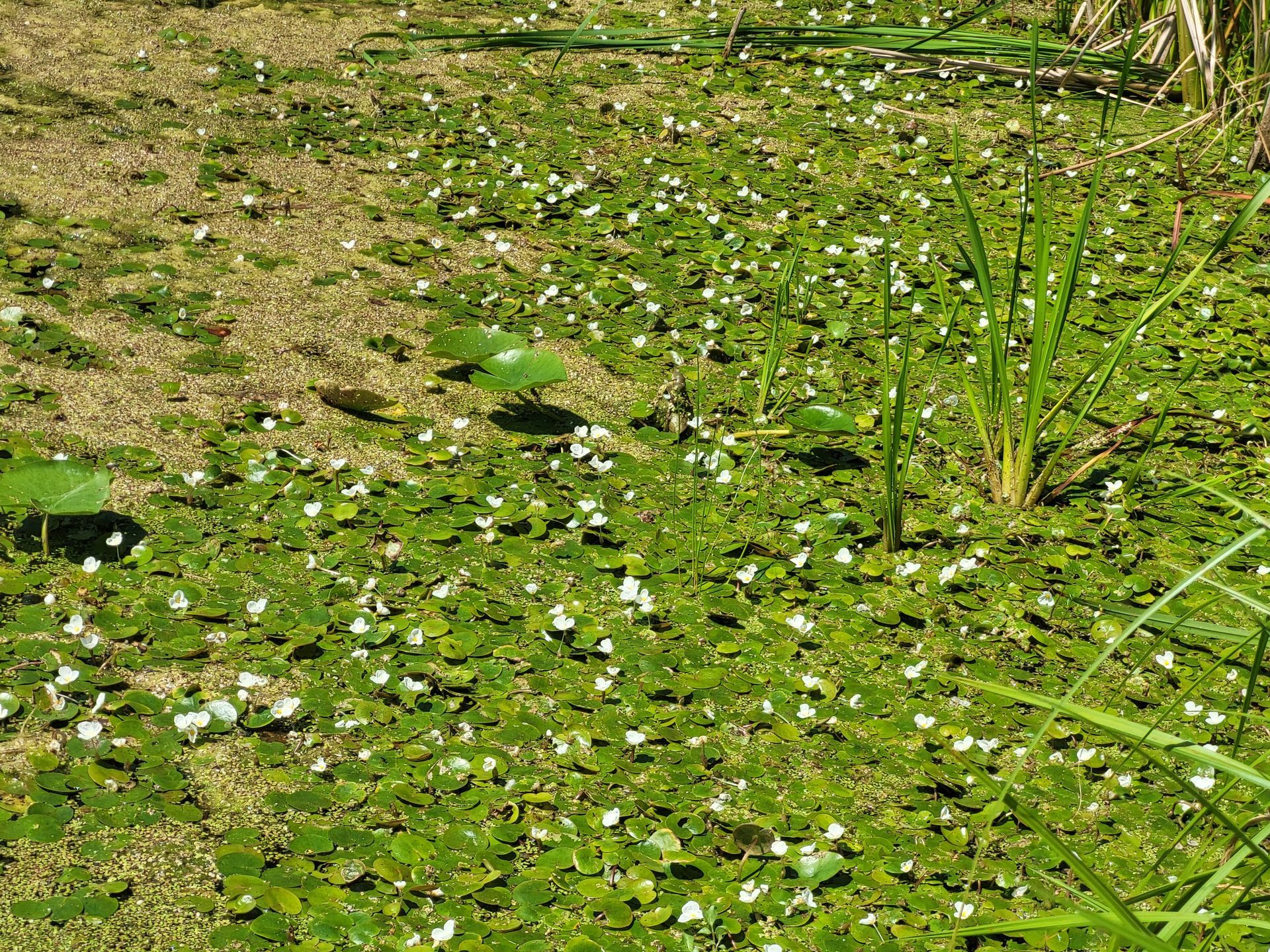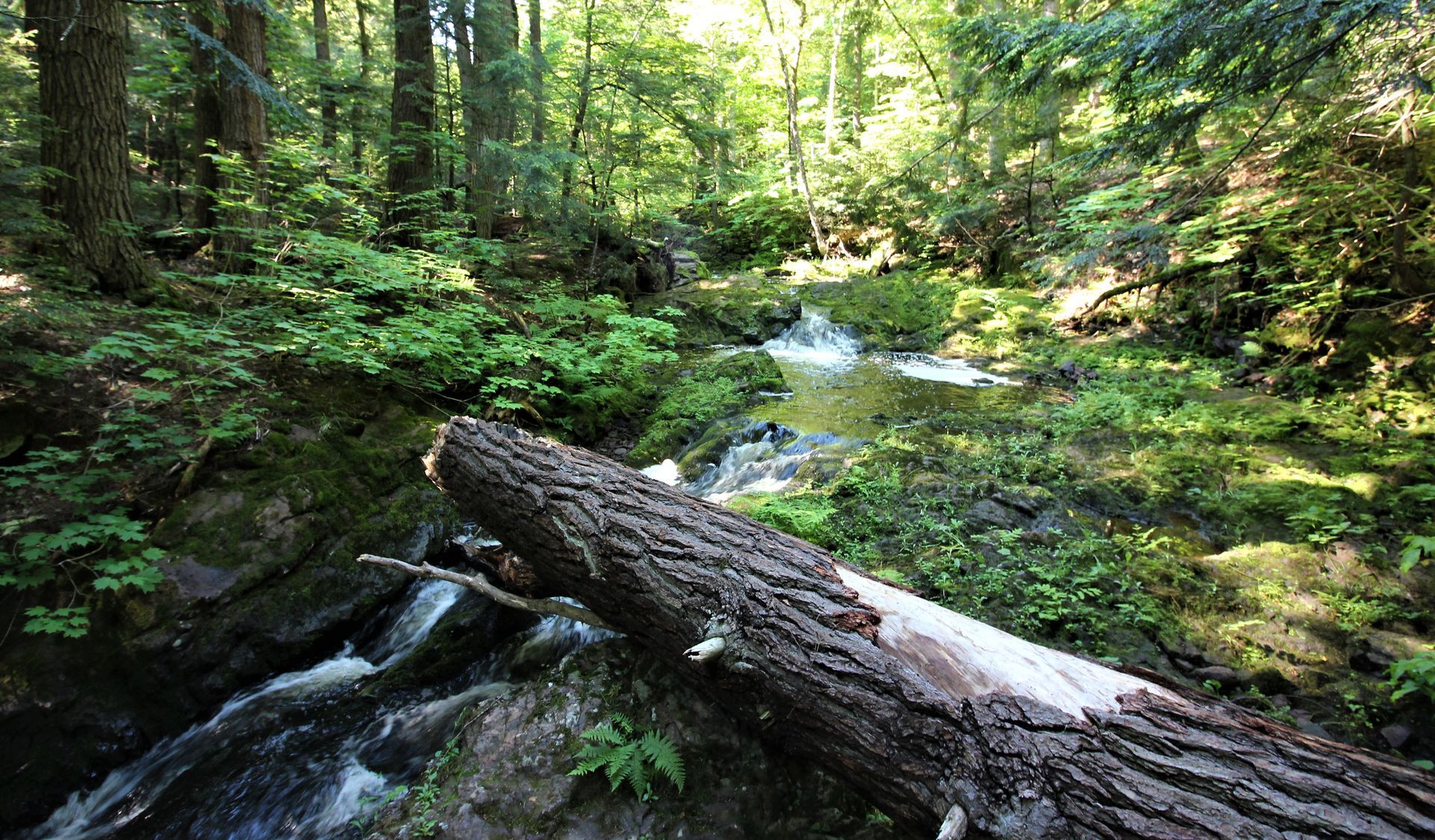On the Ground Maple River August 27th Event
The On the Ground Program is heading back to the Maple River State Game Area. Maple River SGA is a wonderful natural area that supports many wetland species. Previously volunteers placed wood duck nesting boxes, cleared woody debris, planted trees and created habitat for deer. This time the OTG program and MDNR are holding an event to improve accessible hunting blinds and shooting lanes. Join us on Saturday, August 27 th , to expand equal access to recreational activities.
Volunteers will remove the understory growth in the shooting lanes and repair the hunting blinds. Luckily the shooting lanes were previously established, chainsaw use isn’t necessary. The day will consist of lopping, removing brush and repairing broken fixtures on the hunting blinds. All necessary equipment will be provided including water and lunch. However, volunteers are encouraged to bring their own reusable water bottles.
This event is incredibly important in promoting inclusivity in recreation. Join us at the Maple River SGA to become a part of this effort. More information and registration can be found HERE. To explore other OTG events click HERE.
The post On the Ground Maple River August 27th Event appeared first on Michigan United Conservation Clubs.
Recent Posts



